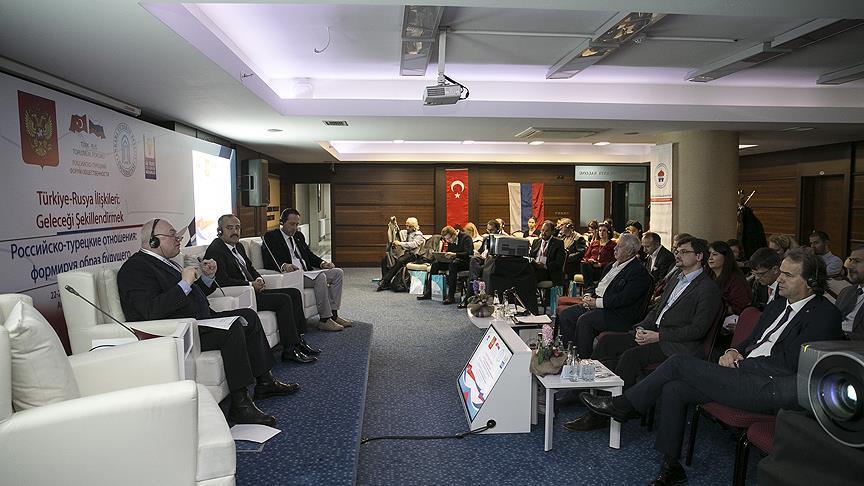
Biden and Modi did not agree to jointly condemn the Russian invasion the last time they spoke in early March
US President Joe Biden and Indian Prime Minister Narendra Modi were holding a virtual summit on Monday, clouded by Washington’s discontent over New Delhi’s neutral stance on Russia’s invasion of Ukraine.
India walks a tightrope between maintaining relations with the West and avoiding isolating Russia, and has not imposed sanctions for the invasion.
This position has raised concerns in Washington, not least because it continues to buy Russian oil and gas, despite pressure from Biden for world leaders to take a hard line against Moscow.
In front of a large screen showing the Indian prime minister, the US president at the beginning of the meeting praised the “deep connection” between the two countries and expressed his desire to “continue close consultations” in the face of the war in Ukraine .
Modi affirmed that the two countries are “allies” and described the situation in Ukraine as “very worrying”, in addition to recalling that India supports the Russian-Ukrainian negotiations and provides medical aid to kyiv.
The state-owned Indian Oil Corp. has bought at least 3 million barrels of crude from Russia since the invasion began on February 24, defying an embargo by Western powers.
Biden and Modi did not agree to jointly condemn the Russian invasion the last time they spoke in early March at a meeting of the so-called “Quad” alliance between the United States, India, Australia and Japan.
And India abstained when the UN General Assembly voted last week to suspend Russia from the Human Rights Council after its troops were accused of committing war crimes in Ukraine.
“Unstable” response
The United States has already warned that any country that actively helps Russia circumvent international sanctions will suffer “consequences.”
This has not deterred India from working with Russia on a rupees-rubles payment mechanism so that Russia can meet its existing trade obligations despite sanctions imposed on the Kremlin.
Biden said on March 21 that India was an exception among Washington’s allies with its “shaky” response to the Russian offensive.
During the Cold War, India leaned toward the Soviet Union, in part because of US support for its arch-rival, Pakistan.
In 1962 it bought its first Russian MiG-21 fighter jets, and according to experts, Russia remains India’s largest major arms supplier and New Delhi is also Russia’s largest customer.
Russian Foreign Minister Sergey Lavrov, who met Modi in New Delhi in early April, praised India for its response to the conflict and, in particular, for judging “the situation as a whole, not just unilaterally.” “.
Biden and Modi will also discuss ending the COVID-19 pandemic, climate change, and strengthening security and democracy in the Asia-Pacific region, where India is seen as a critical counterweight to China.
The last clash between the Chinese and Indian armies on the Line of Control, on the border of Tibet and the Indian region of Ladakh, broke out in June 2020.
And on Thursday India claimed to have thwarted a cyberattack by Chinese hackers on its power grid.
US Secretary of State Antony Blinken and Defense Secretary Lloyd Austin will also hold a meeting with Indian Foreign Minister Subrahmanyam Jaishankar and Defense Minister Rajnath Singh on Monday to enhance cooperation between the two countries.
The two sides could raise bilateral trade from 113 billion dollars (104 billion euros) in 2021 to 500 billion (459 billion euros).
But another point of contention is likely to emerge: India’s purchase of Russia’s S-400 missile defense system, which contravenes a US ban on countries signing defense deals with Russia, Iran or North Korea.
The United States sanctioned China in 2018 for buying the system.


